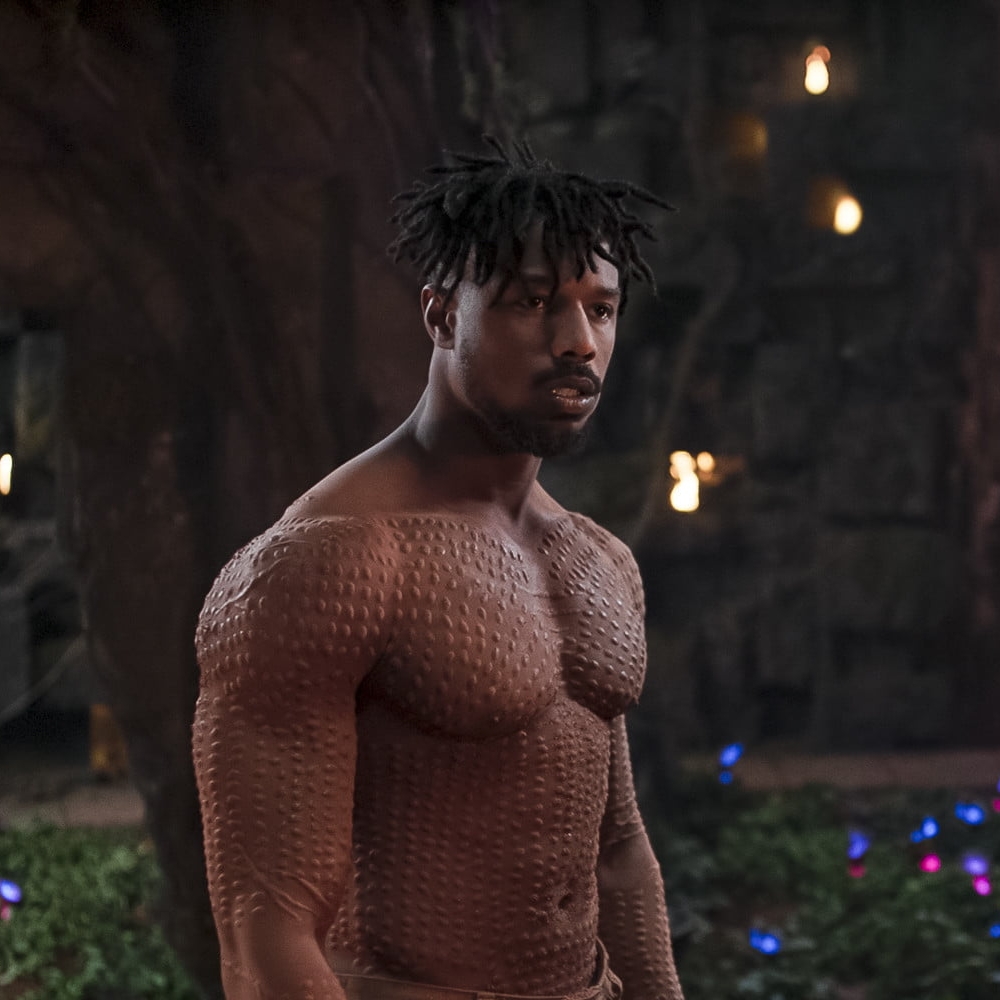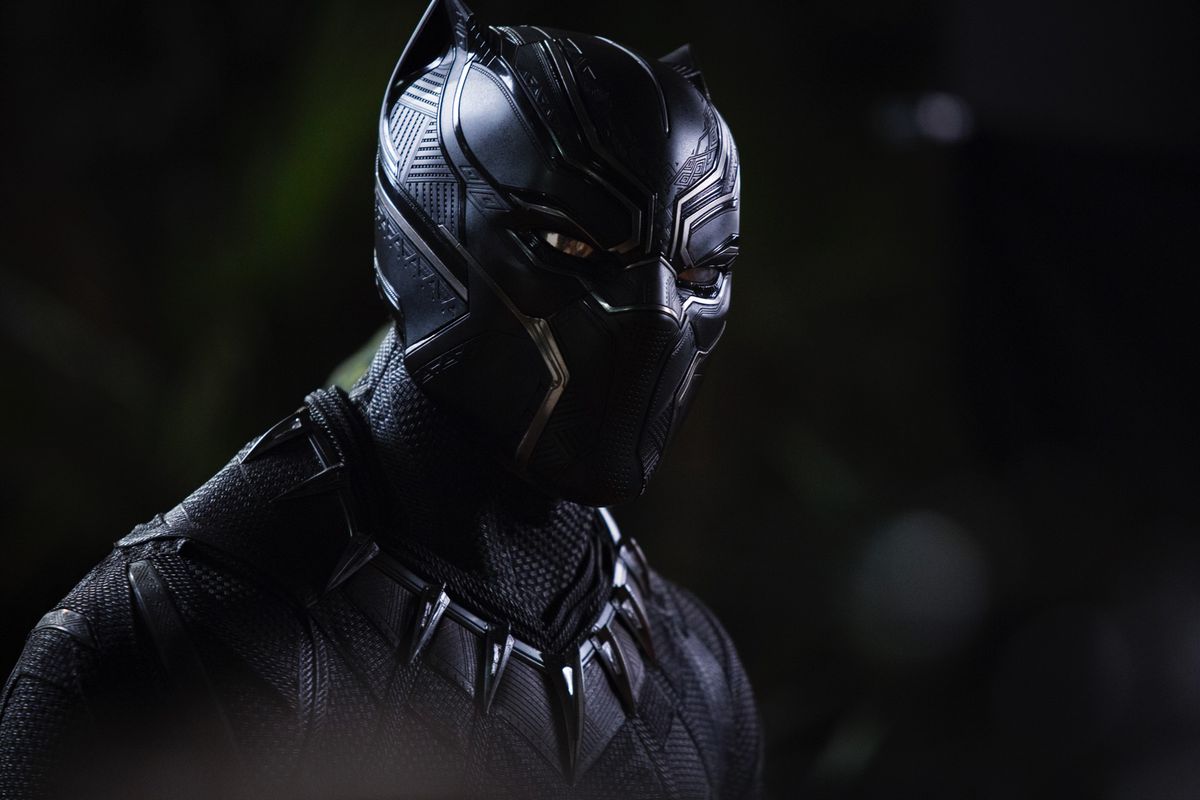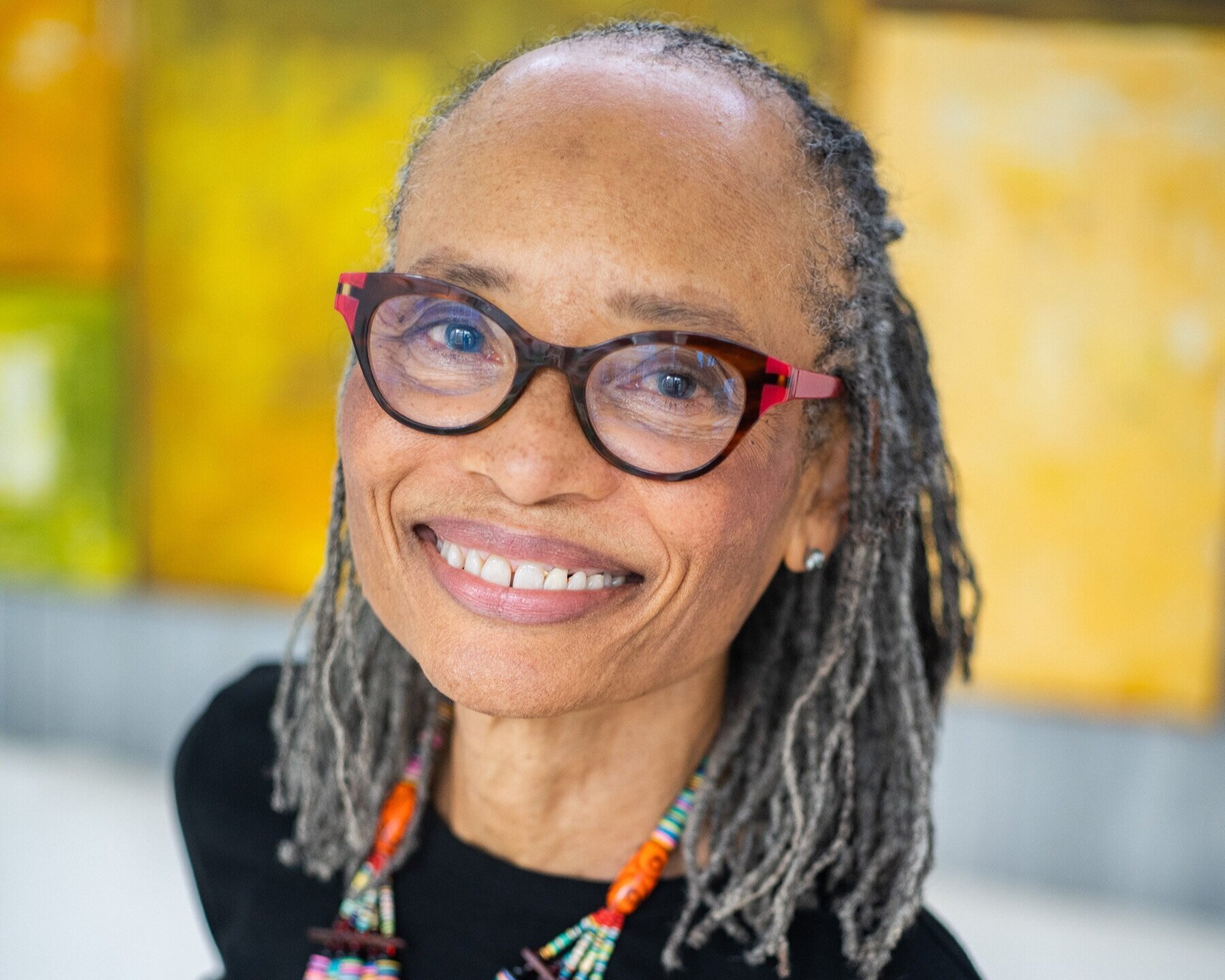Why Killmonger Hits a Nerve With Black People (SPOILERS)

After watching “Black Panther,” many viewers leave the theater with mixed emotions towards the characters, and Erik Killmonger (Michael B. Jordan) is the popular standout, having earned the respect of the audience and given them something to think about because in many ways he is the physical embodiment of the Black diaspora. If you haven't seen the movie, spoilers ahead.
For those who don’t know, diaspora is the dispersion of any people from their native land, and in the case of Black people, we know the story — we heard it in classrooms at the beginning of every February. On the surface, Killmonger’s perspective is pretty straight forward: He’s seen the oppression of Black people and knows our history, while also knowing that Wakanda has turned a blind eye to the plight of those in need. Throughout history, Wakanda has isolated itself from the world to hoard resources. Now, Killmonger wants to break the cycle by taking the title of Black Panther and ending Wakanda’s practice of ignoring Black people all over the world, in contrast to T’Challa’s (Chadwick Boseman) original stance to maintain their isolationism. Beneath the surface, it could be argued that Killmonger represents the disconnect that Black Americans have suffered on various levels. He is Wakanda’s forgotten son, just as the Black diaspora is made up of the forgotten children of Africa.
Appearance
The severance is present for Killmonger, and us, on many levels starting with physical attributes. Killmonger attempts to recreate a connection to his homeland by covering his body with traditional scarification — the only problem is, that’s a custom of the Border Tribe, as displayed on W’Kabi (Daniel Kaluuya) and Killmonger is a descendant of the Golden Tribe with T’Challa. In a similar fashion, many Black Americans are now beginning to take an interest in wearing African patterns and clothes despite not knowing which country their ancestors came from (because not every African nation rocks the kente cloth).
Killmonger learned about and understood the culture, and abided by their rules to challenge T’Challa’s right to the throne. In comparison, many Black Americans opt to learn about and adopt aspects of African culture in order to strengthen their connection with the homeland — preferably without having to kill someone. The correlation here shows that even when playing by the rules, an outsider is always an outsider to most, though Killmonger did gain support from the W’Kabi.
Division
Within the Black community, there are subgroups of Black people who use the idea of Black excellence to create Black elitism instead. Many people call them bourgeois — not to be confused with bougie and boujee. On Twitter, they’re called blavity Blacks, and old-schoolers and conspiracy nuts call them the boulé. These subgroups have represented a minority within the Black community who have reached a level of upward mobility, often having joined a historically Black fraternity or sorority and graduated from an Ivy League university or a well-known HBCU. In some cases, this success is multi-generational, and continued by putting the children in Jack and Jill, a social organization for mothers with children which can only be joined by invitation or having legacy status — meaning you must either be born into their graces or be deemed worthy of joining their ranks.
In “Black Panther,” the people of Wakanda have an inherited wealth and have successfully isolated themselves from the rest of the continent, protecting themselves from colonialism while leaving all other Black People to fend for themselves without even half of the resources. This is where Killmonger’s hate for Wakanda and its kings stems from — and this Black elitism runs deep in Wakandan history. This is most evident in the judgement passed by Queen Ramonda (Angela Bassett) when Killmonger demands a shot at the throne by ceremonial combat. Her reasoning: He is not one of us! (Consider another link to The Lion King 1 and 2). Except...he is. Rather than being born in the womb of Wakanda, Killmonger persevered and worked hard to raise above a life in the ghettos of Oakland. So despite attempts to look and act like a Wakandan - which he is - it’s quickly understood that, to most of them, Killmonger would always be an outsider. So what does that say about the odds of the Black diaspora reconnecting with the homeland?
Spirituality
Even at the deepest level — the spiritual level — Killmonger and Black Americans can’t catch a break. When we see T’Challa visit the ancestral plane, he’s met with a beautiful african landscape with his father and many kings of the past relaxing around a tree. In contrast, after earning the throne justly, Killmonger undergoes the same rituals as T’Challa to visit the ancestral plane. But instead of being greeted by a team of kings past with a beautiful landscape, Killmonger finds a more familiar scene: the apartment he grew up in, with nobody to gain wisdom from but his father, almost to insinuate that when Black Americans die, we still won’t be “African enough” to meet our ancestors on the other side.
If nothing else, “Black Panther” has definitely got people talking, and has energized much of the Black community. The question now is how will they tackle these topics in future films?
Nick Bailey is a forward thinking journalist with a well-rounded skill set unafraid to take on topics head on. He now resides in Austin, TX and continues to create content on a daily basis.









